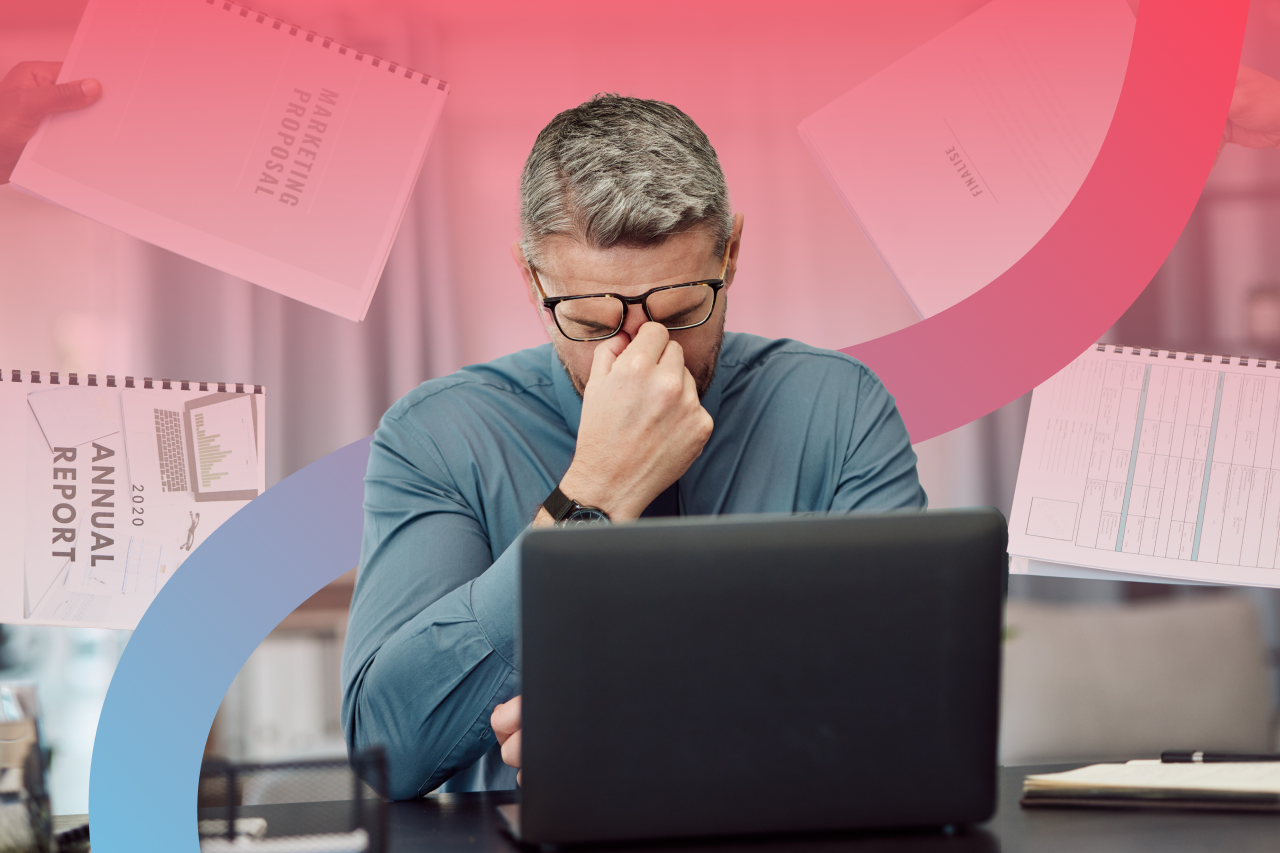It is only in relatively recent times that the tech industry, so notoriously fast-paced and competitive, has developed a more adequate understanding of burnout. Once dismissed as simply ‘a bit of stress’, we know today that burnout is in fact a genuine mental health hazard, recognised by the World Health Organization.
The main symptoms of burnout are constant exhaustion, intense cynicism about your work, and sharp reductions in work efficiency. If they are left unchecked, these symptoms can develop into a potentially serious condition.
This article is not about how to cure burnout – that’s best left to a doctor. Instead, we will discuss some of the things that can be done to prevent it, exploring a number of steps you can take to re-evaluate your working habits, reduce stress and break vicious cycles.
Let’s start with our first tip, namely…
Make peace with your sleeping patterns

Sleep deprivation inevitably leads to stress, which further inhibits sleep, thus causing more stress – and so on in a vicious cycle.
Or perhaps you sleep enough, but at constantly varying hours of the night and of the day. Note that the risk of chaotic sleeping patterns is especially high if you are working from home.
If you have trouble falling asleep, start by making sure you get regular exercise, look into natural remedies (believe it or not, counting sheep does help some people!), and do not be shy about consulting your doctor: there are solutions.
If you can sleep, but your sleeping patterns are broken, then it’s time to set alarms: one to wake up at a regular hour, and another to tell you when to go to sleep.
It takes at least three days to break an irregular sleeping pattern, so stick to those alarms and be diligent. They may be a bitter pill to swallow – nobody likes to get up early – but they’ll start getting you back on track.
Reassess your workload
If you are getting abnormally tired from or at work, the most common reason is the most obvious: you could be overworking yourself. Alternatively, it might be the case that your workload is adequate, but organised in a way that results in unnecessary stress.
So break your workload(s) down, and identify the drains where your energy is being scuppered. Find the tasks which are eroding you, and reform or reorder them, or if necessary remove them altogether.
You should not be afraid to speak to your manager about lightening your workload, particularly when its excess only hampers your productivity.

Take control of your time
Often the person who will not allow you to take a break is you. If you get anxious about stepping away from work, remember that your professional duty is to be productive with your time, and not to spend every last minute of it in front of a monitor.
Schedule breaks from work (hours or whole days), and then allow yourself to take them, without feeling guilty. If you live with your family, then make sure you are spending enough time with them.
As well, be firm with your managers and clients about your need for time. Knowing when to say no is a hallmark of professionalism, and it’s not only completely sensible when faced with a request that jeopardises your mental health – it’s the only right thing to do.

Talk to others
Here’s another vicious cycle: stress erodes communication channels, and reduced communication leads to more stress. The stigma on burnout as a marker of ‘weakness’ or ‘unreliability’ doesn’t help people open up either.
Lean on your friends and family. Talk it out. By sharing the problem with others, you will be taking some of the weight off yourself – which also means that when you do work, your mind will be less cluttered.

Shut down the voices from the web
Switch off your social media accounts for a while. Reduce your use of emails and your exposure to news.
Burnout symptoms include a sense of disconnect from and disenchantment about your work, and both of these things are exacerbated when you have a thousand algorithms tugging at your attention from the outside.
This is especially true if said algorithms are doing what they so often do – feeding you a hollow simulacrum of social life, or telling you that the world is burning. Step away from that stuff, at least for some time.

Be compassionate towards yourself
If you’re experiencing symptoms of burnout, and you’re practising some or all of the above steps in an effort to reduce them, then know that you will sometimes stumble.
You will sleep through an alarm, you will work late into the night against your better judgment, you will be swept up in a debate on Facebook after telling yourself to stay away from the platform.
When – not if – that happens, don’t berate yourself. Understand that you’re working your way through a rough patch and that you are only human, and be patient with the process.
As importantly, understand that it’s not your fault. Burnout tends to be stereotyped as a ‘person problem’, but far more often it’s a workplace problem. Poor mental health symptoms picked up at work come from a flawed environment, and not necessarily from something that’s flawed within you.
Thus, identify and discuss the issues with your colleagues, and look for ways to fix them. Then, if you try all these methods and find you still can’t change things, that could very well be your cue to move on somewhere else.
Or, even better, take a break from work altogether. The chemicals in your brain can’t be calmed down with a paycheck, and keeping them balanced is worth more – so, so much more – than any bonus out there.






